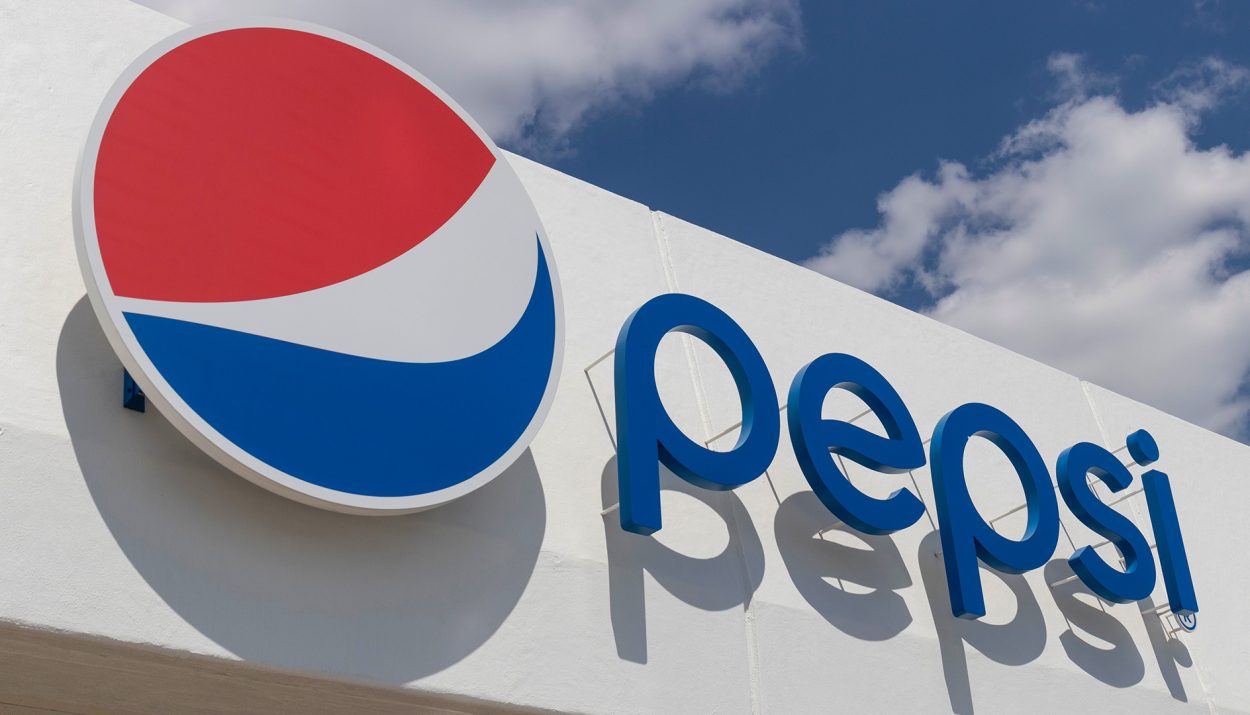Carrefour, a European grocery operator, has announced that it will be removing PepsiCo’s products from its shelves. The Store is protesting the recent price increase of PepsiCo’s products, stating that it is “unacceptable.”
PepsiCo’s Months-Long Talks With Carrefour
Operating over 12,000 locations worldwide, the company’s commitment to maintaining lower cost was announced throughout certain aisles of the shop.
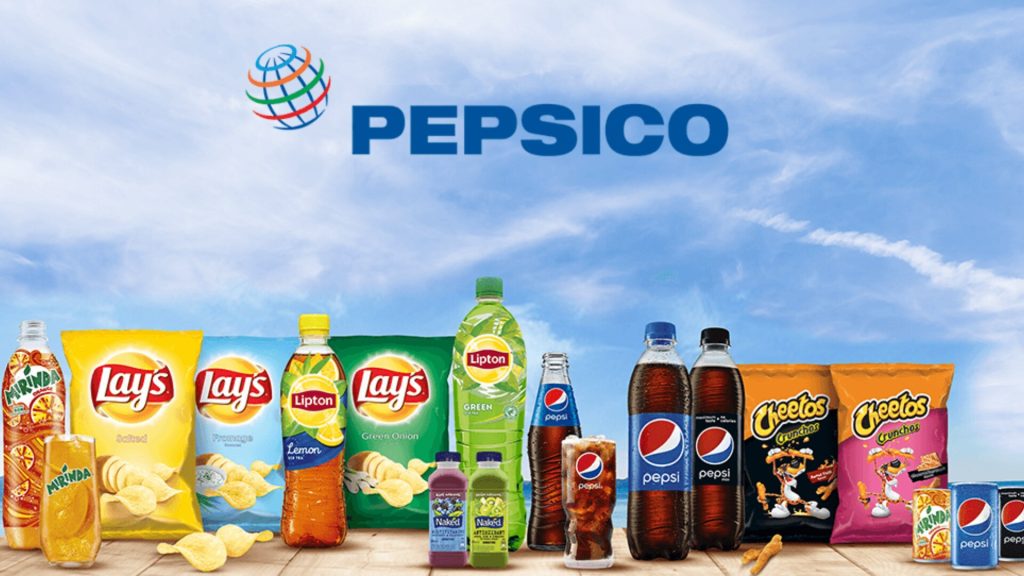
In reports from a PepsiCo spokesman, the company has been continuously negotiating with Carrefour for multiple months to guarantee that their goods will be available. However, PepsiCo, chose to not respond to FOX Business’ request for comment.
Carrefour’s Reaction To Price Hikes
Carrefour is a France based company that is running one of the largest grocery chains worldwide.
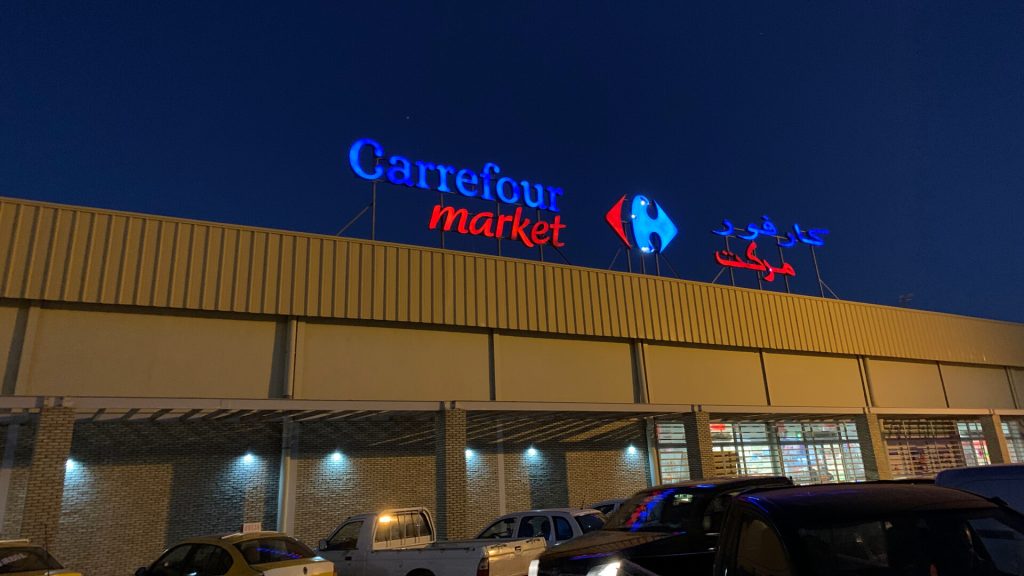
On January 4th the company announced to consumers that it would be pulling Lay’s, Doritos, Lipton teas, and other PepsiCo brands due to price increases. The stores that will be impacted the most are located in France, Italy, Belgium, and Spain.
Skyrocketing Food Cost In Europe
Carrefour had to make this choice because of the increase in the cost of food in Europe. Specifically, the cost of food in France, in December alone the cost went up by almost 7%, compared to the previous December.
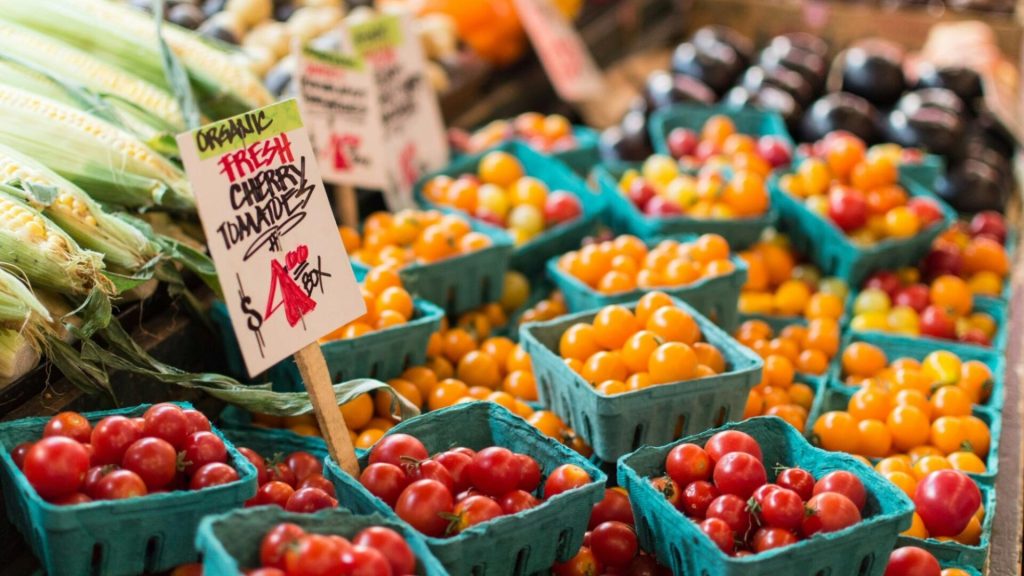
The peak of the price increases happened in March 2023, when prices went up a jaw dropping 16%.
Carrefour Implements Warning Labels
Carrefour put on warning labels In September, the objective was to persuade manufacturers into reducing their cost.

The labels read, “This product has seen its volume or weight fall and the effective price by the supplier rise.”
Items We Can Go Without Purchasing
Customers as a whole seem to be very supportive of the decision. Reuters was given this statement by a customer Edith Carpentier, “It doesn’t surprise me at all…
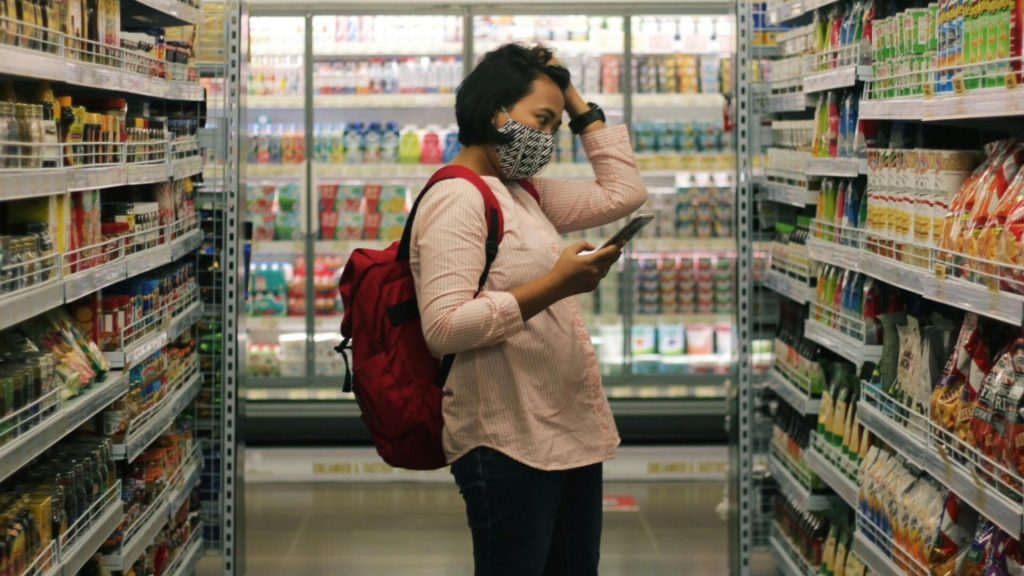
I think there will be lots of products left on the shelves because they have become too expensive, and they are all things we can avoid buying.”
France’s Strategy To Regulate The Retail Industry
Suppliers and retailers were asked by the French government to finish their yearly pricing discussions by January, which is two months earlier than it typically is. The purpose was to try and curb the inflation.

France has a retail sector that doesn’t resemble any other country in Europe. Grocery stores are only allotted one discussion a year with manufacturers to sort out the pricing of food and drinks, this is to support the country’s farming economy.
The Last Resort
Chief economist James Walton of the Institute of Grocery Distribution said, “The French supermarkets, we know, are very, very ready to de-list people if they don’t like the deals they get.
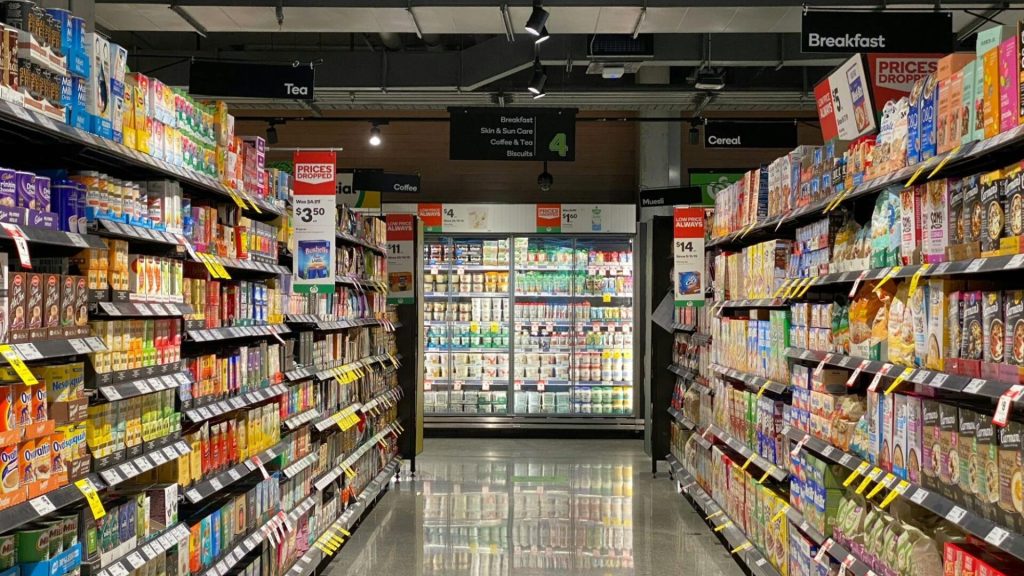
Obviously, that’s a last resort because nobody wins if the goods that people want are not available on the shelves.”
The Penalty Box
There are similar challenges being faced with suppliers for American merchants, it seems everyone is trying to lower the costs of food.

Some retailers use what partner Randall Sargent of Oliver Wyman’s retail and consumer products group refers to as the “penalty box” to hold brands to gain influence.
Products That Aren’t As Appealing
Sargent claims that this strategy includes penalizing brands with less appealing shelf placement,
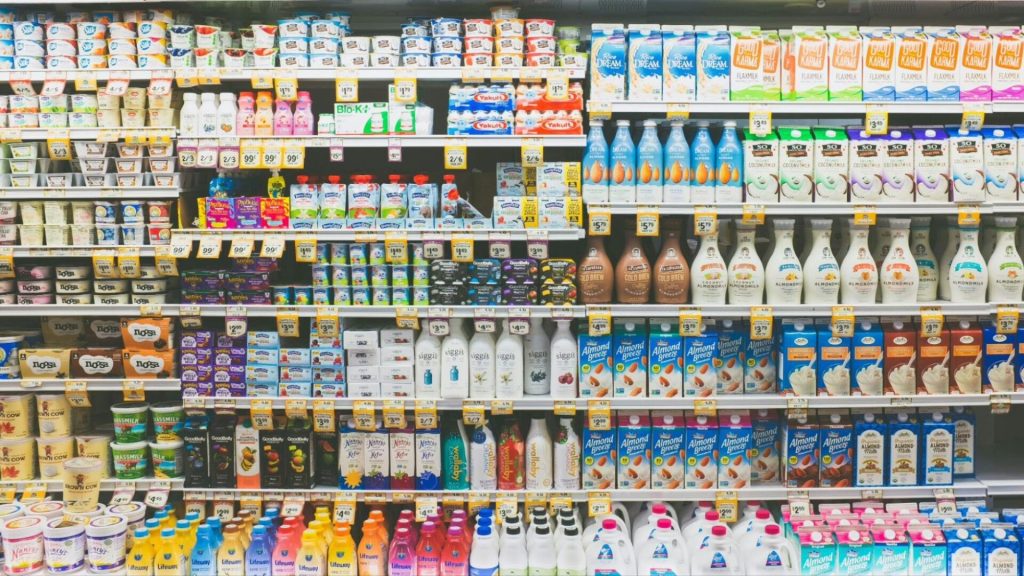
Less promotional efforts, and much higher prices for specific companies. Making their products less enticing for consumers in comparison to other brands.
More Sensible, More Transparent
Leclerc said, “We must therefore convince in the coming month all these major suppliers who made the mistake of increasing their prices too much, to lower them now or to moderate them,” according to an English translation of his article.

“We must return to more reasonable, more transparent, and better spread out impacts of their costs.”
What Caused Supermarkets To Demand For Price Reductions
The most recent round of negotiations that took place earlier this year, during the inflation epidemic, led to a notable increase across the board, which damaged turnover.
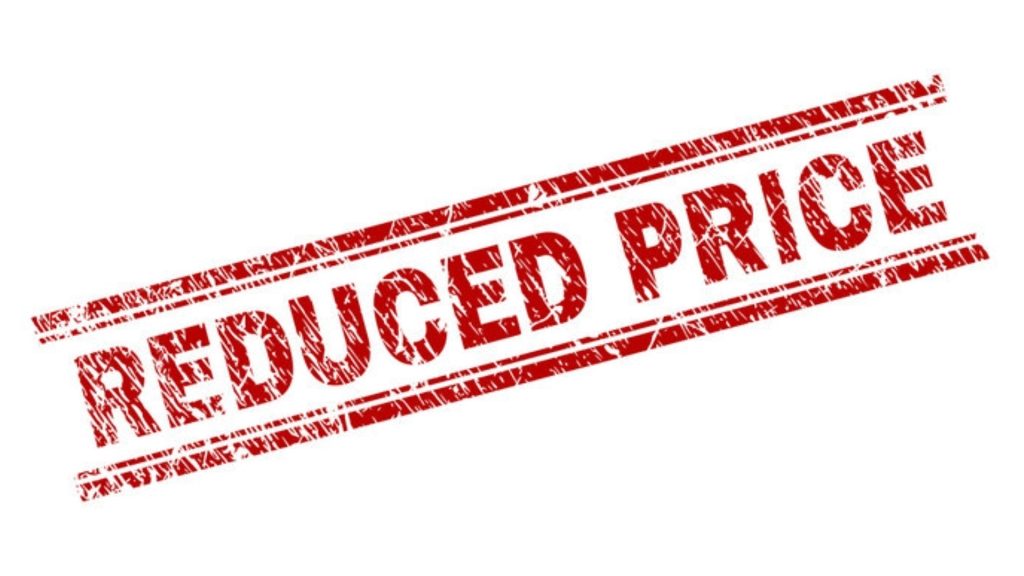
This caused supermarkets to push for price cuts during recent negotiations.
The Necessity To Moderate Or Decrease Prices
In a post made by LinkedIn, Michel-Edouard Leclerc, the CEO of the rival grocery chain E. Leclerc, shared his like minded upset supplier pricing rises.
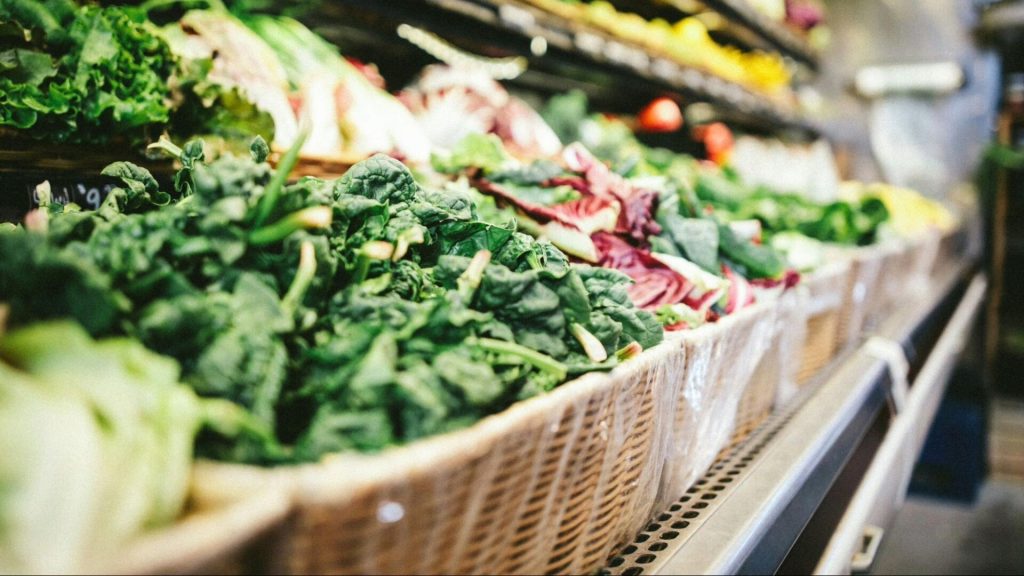
He cited the importance of persuading the bigger suppliers who had artificially increased their prices to now reduce or moderate them.

